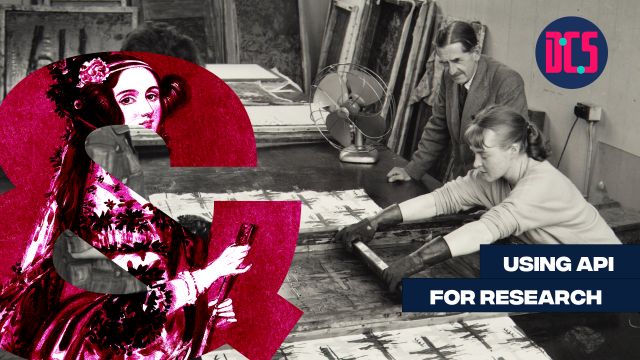Using Prompting Efficiently for Research

In Person
With the recent advancements in the field of Natural Language Processing (NLP), Generative AI (Gen-AI) tools are rapidly evolving and have already become powerful tools for various sectors. Including the widely known tool ChatGPT, there are various competitors in the market with recently proposed open-source alternatives. Regarding the method under the hood and the data set they are trained on, different tools have certain capabilities and limitations. To have a better conservation with these Gen-AI tools and fully harness their potential, it is crucial to be aware of the concept of prompt engineering and power.
This workshop aims to introduce the main strategies of prompt engineering including tips and certain practices to achieve optimal outputs with Gen-AI tools. After providing a hands-on overview of prompt engineering, certain features of ChatGPT will be discussed for fostering the research practices. The target audience for this workshop is mainly researchers and practitioners working in different fields who are interested in using the Gen-AI tools more efficiently and responsibly in their daily work
This course will be taught by Zongxiao Wu and Martin Disley.
After taking part in this event, you may decide that you need some further help in applying what you have learnt to your research. If so, you can book a Data Surgery meeting with one of our training fellows.
More details about Data Surgeries.
Those who have registered to take part will receive an email with full details on how to get ready for this course.
If you’re new to this training event format, or to CDCS training events in general, read more on what to expect from CDCS training. Here you will also find details of our cancellation and no-show policy, which applies to this event.
Level
This is a beginner-friendly course. No previous knowledge on the topic is required/expected and the trainer will cover the basics of the method. If you want to explore the topic before the workshop you can have a look at this Prompt Engineering Guide.
Learning Outcomes
- Understand the fundamentals of Gen-AI and prompt engineering; explain how prompts influence the performance of Gen-AI models.
- Identify the strengths and limitations of Gen-AI tools; recognise how underlying training data and model design affect outputs in research contexts.
Apply core prompting strategies to generate more accurate and useful results.
Skills
By attending this course, you will familiarise yourself with the following skills
- Different prompt engineering strategies (e.g., zero-shot, few-shot, chain-of-thought) and how to apply them effectively.
- The core mechanism behind modern LLMs, including attention, embeddings, and encoder/decoder structures.
Explore More Training
- Digital Method of the Month: What LLMs can and cannot do
- Text Classification in Practice: From Topic Models to Transformers
- Using API for Research
- Silent Disco: Computer Vision for the Humanities: An Introduction to Deep Learning for Image Classification
Return to the Training Homepage to see other available events
Room 4.35, Edinburgh Futures Institute
This room is on Level 4, in the North East side of the building.
When you enter via the level 2 East entrance on Middle Meadow Walk, the room will be on the 4th floor straight ahead.
When you enter via the level 2 North entrance on Lauriston Place underneath the clock tower, the room will be on the 4th floor to your left.
When you enter via the level 0 South entrance on Porters Walk (opposite Tribe Yoga), the room will be on the 4th floor to your right.









